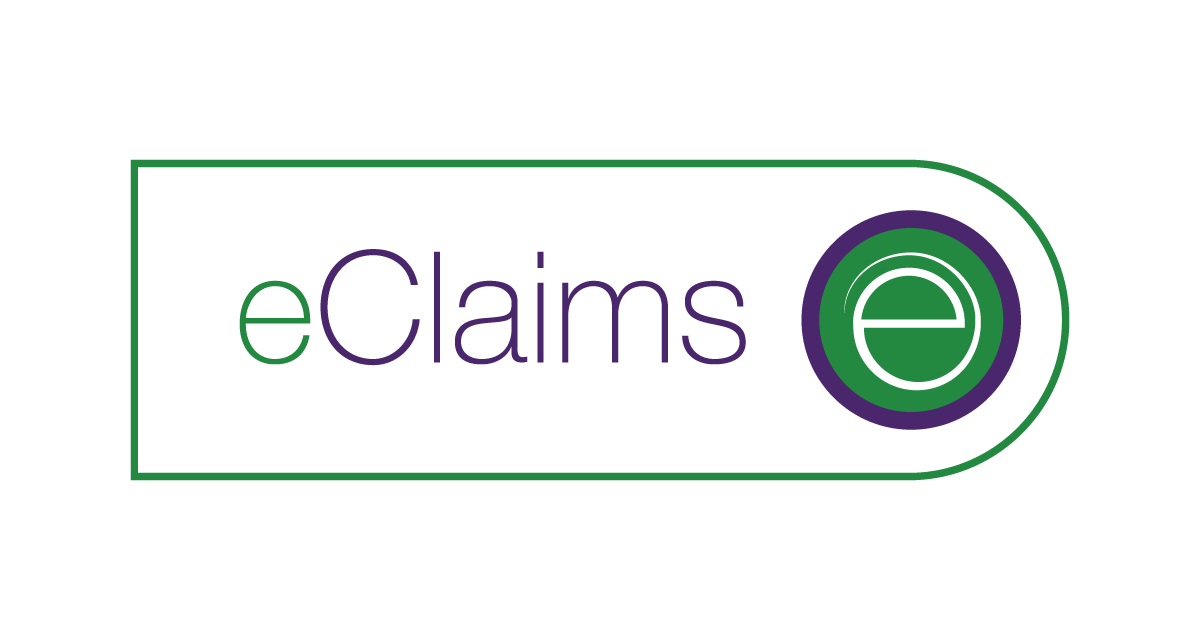
COGNITIVE BEHAVIORAL THERAPY
I SPECIALIZE in Cognitive Behavioral Therapy (CBT). The CBT approach lies on the premise that your physiology, thoughts, beliefs (perceptions) and how you behave influences your emotions for better or worse. We often have automatic ways of thinking and behaving, patterns we have developed over time, that can be counterproductive to the goals we want to achieve in life. CBT highlights the role of positive, rational thinking in maintaining a sense of well-being and good mental health.
Modifying behaviour can change the way we think and feel such as through assertiveness training, relaxation exercises, exercise, eating nutritionally, good sleep hygiene and connecting with others.
Research has revealed that CBT has proven to be efficacious and effective in treating various complex issues and concerns. CBT empowers clients by demonstrating to them that they can help themselves feel better and make positive life changes by changing the way they think and behave.
CBT can be effective in that I determine to develop a warm and collaborative therapeutic relationship between myself and the client that is based on genuineness, unconditional positive regard (non-judgment) and empathy. I believe we all have the right to feel and that healing can come by expressing emotions. I believe we all have the right to be validated and heard. I advocate on behalf of my clients.
SCHEMA THERAPY
Schema-Focused Therapy has shown remarkable results in helping people to change negative ("maladaptive") patterns which they have lived with for a long time, even when other methods and efforts they have tried before have been largely unsuccessful. The schemas that are targeted in treatment are enduring and self-defeating patterns that typically begin early in life. They are assessed by completing a schema questionnaire that provides you with a profile, percentage and report of your schemas.
These patterns consist of negative/dysfunctional thoughts and feelings, have been repeated and elaborated upon, and pose obstacles for accomplishing one's goals and getting one's needs met currently. Often when we have an emotional response out of proportion to a current stressor our schemas have been activated. It can be empowering in your life to gain insight as to what these triggers and schemas are and how they are activated in your life.
Some examples of schema beliefs are: "I'm unlovable," "I'm a failure," "People don't care about me," "I'm not important," "Something bad is going to happen," "People will leave me," "I will never get my needs met," "I will never be good enough," and so on. Clients will often say that rationally they know these statements are not true however that they "feel true". Often if these schemas are not addressed clients will continue to repeat negative patterns and play them out in their current personal lives and relationships with others.
In the past you may have found ways of surviving to get your needs met in dysfunctional ways and unhealthy ways. These ways of surviving may have been necessary at the time. However, currently they may be malaptive and no longer productive and healthy. By identifying schemas we can then develop together healthier templates (ways of responding to triggers) with which to build healthier relationships and future.


